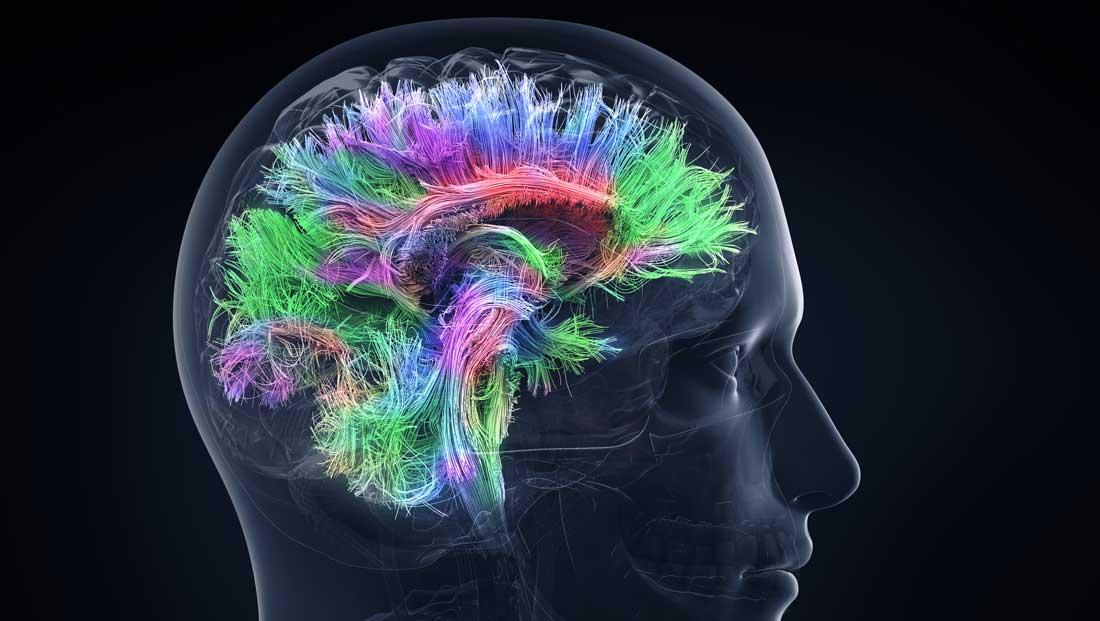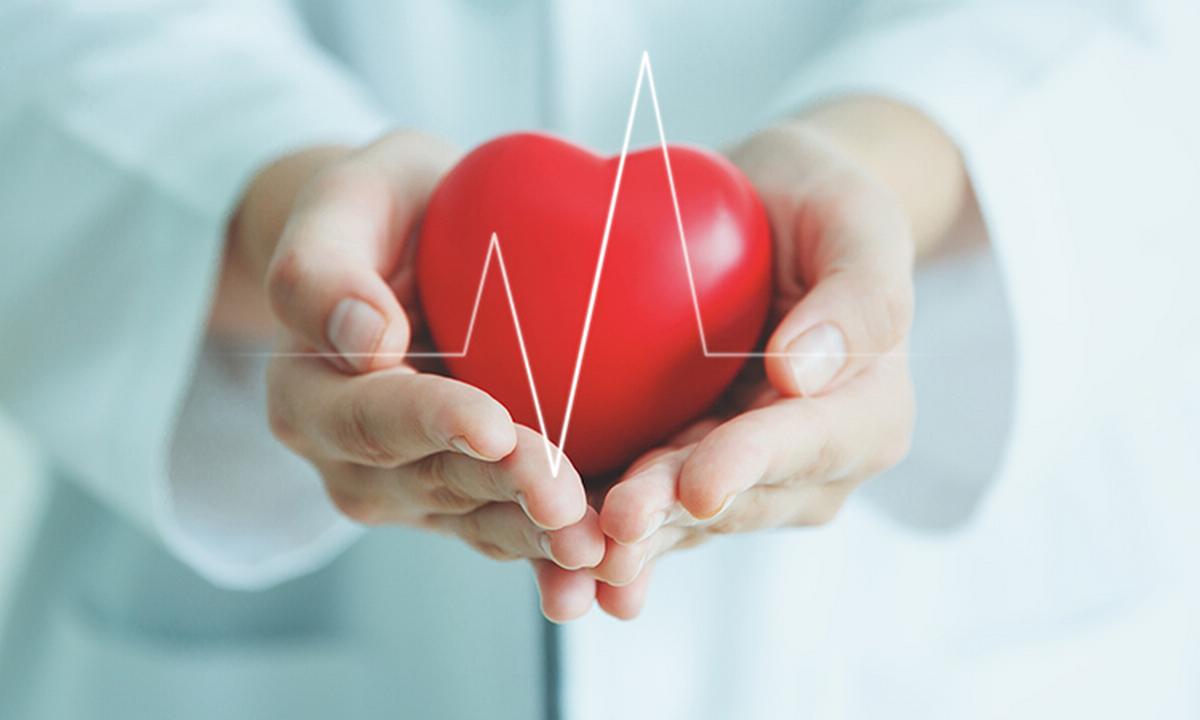How Sleep Deprivation Leads to Cardiovascular Diseases

Getting sufficient sleep is pivotal to health and wellbeing. But 4 in 10 Singaporeans report experiencing sleeping difficulty, and more recently 1 in 6. say they aren’t sleeping due to worries about Covid-19.
There are a huge number of health conditions that can be caused or made worse due to insufficient sleep. The one we are going to focus on in this article is cardiovascular disease.
What happens when we sleep?
When you are asleep, your body gets to re-charge, restore and repair. There are many sleep theories that indicate how this happens.
The ‘energy conservation theory’ of sleep suggests that sleeping allows us to function at a lower metabolism, saving energy. Research suggests that you save 35% of your daily energy by getting 8 hours sleep. This means that insufficient sleep means you preserve less energy and feel more tired and drained the next day.
Then there’s the ‘restorative theory’, which says that the body needs sleep to restore itself. The concept is that sleep allows cells to repair and multiply in the muscle repair process, as well as facilitating tissue growth, protein synthesis and hormone release.

The ‘brain plasticity theory’ tells us that sleep is crucial for brain function. Have you noticed that lack of sleep causes memory loss, cognitive issues and fewer problem solving skills? This is because sleep allows the neurons in the brain to reorganize and for your brain’s glymphatic (waste clearance) system to get rid of toxic byproducts. It is also thought that sleep allows you to convert short term memories into long term memories, and erases unneeded information.
As well as those already mentioned, sleep is also important in the restoration of the immune system and the regulation of insulin, blood pressure and weight. To read more about this, click here.
Sleep deprivation and its symptoms

When you have not gained enough sleep, you might notice a whole host of symptoms affecting your entire body. As we’ve already stated, sleep can play a crucial role in the immune system, brain, energy levels and hormone regulation. Therefore, sleep deprivation symptoms can range extensively from person to person.
- Poor mental functioning - such as feeling ‘cloudy’, fatigued, forgetful, ‘spaced out’ and finding it hard to retain information.
- Poor immunity - if you notice that you are catching every common cold and generally feeling run down, it could be that your immune system is struggling due to lack of sleep.
- Lack of libido and erectile dysfunction - Poor sleep can cause us to lose interest in sex or have difficulting maintaining an erection.
- Trouble losing weight - Your metabolism and hormones are regulated by sleep. If you are sleep deprived you might find that you take longer to lose weight than those with adequate sleep. Furthermore, when you are sleep deprived, you will automatically crave high sugar foods to help give you more energy.
- Low energy - Because your body has not been able to restore its energy levels, you will be ‘running on empty’ for much of the time.
- Poor mood - Lack of sleep can cause heightened anxiety and agitation, a shorter temper and a lower overall mood.
If you’d like to read more about the symptoms of sleep deprivation, click here. Alternatively you can book an appointment to see a cardiologist specialist who can help address your sleep problems.
How does sleep deprivation affect your heart?

- Hypertension. Research has shown that a lack of sleep can elevate our blood pressure, and even a small increase in blood pressure can, over time, increase the chances of developing a cardiovascular disorder.
- Obesity. As already mentioned, sleep plays a role in metabolism and hormone regulation. This means that you might find it harder to lose weight if you are sleep deprived. Also, when you are sleep deprived, you are tempted to eat higher sugar foods to try and replace the lost energy, and are less likely to exercise due to general fatigue. Obesity correlates with cardiovascular disease. It is also linked to high levels of visceral fat, higher cholesterol and higher blood pressure - all of which correlate with cardiovascular disease.
- Type 2 diabetes. Studies have shown that a third of people with type 2 diabetes will be affected by a cardiovascular disease. Thankfully, type 2 diabetes is reversible as it is caused by diet.
- Stress. There is evidence that stress can increase the risk of developing a cardiovascular disease. Stress can be caused by sleep deprivation - but can, ironically, also be the cause of your insomnia. For example, if you are stressed about work, you might experience chronic sleeplessness, which can then increase your stress levels further. It is important to try and break this cycle and resolve the core reason for your stress.
Here’s what the cardiovascular doctors say...
When you come for an appointment at the Harley Street Heart and Vascular Clinic, you will have a comprehensive consultation with a trained cardiologist specialist. They will ask you a number of lifestyle and medical questions. One of these will be about your sleep habits. It is important to answer as honestly and accurately as you can. Your sleep might well be impacting your heart health, and if your cardiologist specialist is aware of this, they can make recommendations to help improve your sleep and your heart health simultaneously.
- Practise good sleep hygiene. This means no screens before bed, no working from your bed, getting into a good night time routine and getting up at the same time each day.
- Consider supplements. This might be a natural remedy to help you doze off.
- Exercise. Even if you initially feel tired, exercise can help you get more sleep.
- Eat healthy food. A balanced diet containing plenty of protein and vegetables can help improve your sleep quality. You may also be advised to cut down on alcohol and caffeine consumption, as these can cause sleep problems.
The Bottom Line
Sleep plays a fundamental role in the quality of our overall health. A lack of sleep can affect every part of our bodies, including our brains, heart and immune system. It is vital that you get a good night’s sleep on a regular basis to keep on top of your general health. If you are struggling with sleep for a long period of time, it is time to get some help.
Talk To Us
Book an appointment with us today to discuss your heart health and any sleep disorders you feel may be impacting it.

